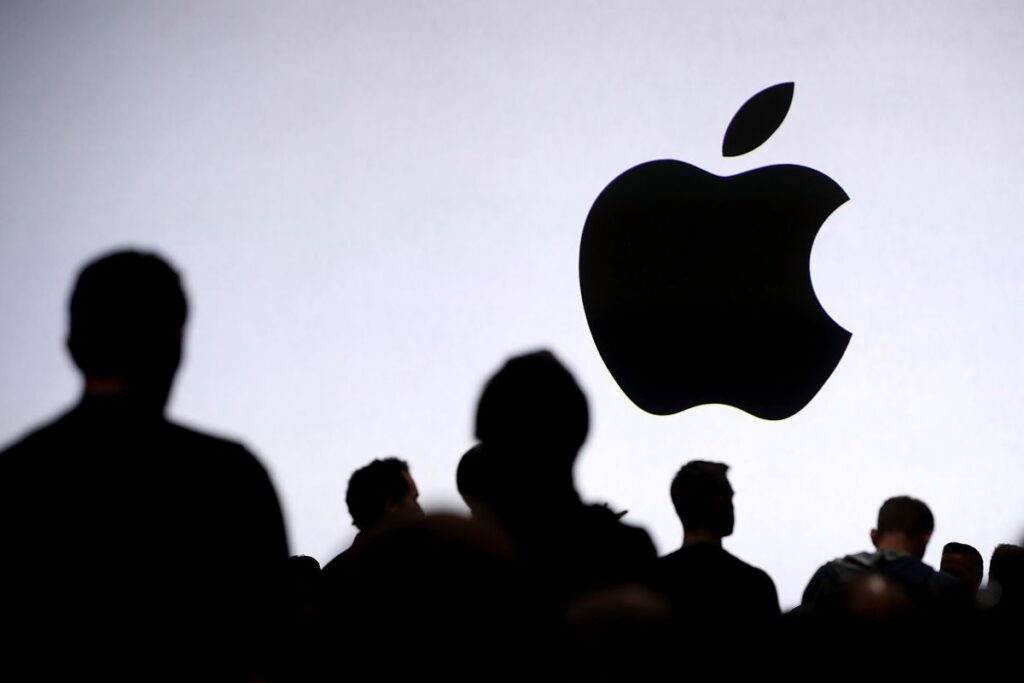There is literally no end to what all human beings can do, and yet there is nothing we do better than growing on a consistent basis. This progressive tendency on our part has already fetched …
There is literally no end to what all human beings can do, and yet there is nothing we do better than growing on a consistent basis. This progressive tendency on our part has already fetched us some huge milestones, with technology appearing as a rather unique member of the stated group. The reason why technology’s credentials are so anomalous is largely based on its skill-set, which was unprecedented enough to propel us towards a reality that nobody could have ever imagined otherwise. Nevertheless, if we look a little bit closer, it should reveal how the whole runner was also very much inspired by the way we applied those skills across a real-world environment. The latter component was, in fact, what gave the creation a spectrum-wide presence and made it the ultimate centrepiece of every horizon. Having such an ingenious tool run the show scaled up the human experience from every conceivable direction, but even after reaching so far ahead, technology will somehow continue to bring out the right goods. The same has turned increasingly evident over the recent past, and truth be told, Apple’s latest move can very well make that trend bigger and better moving forward.
As per a report from Bloomberg, Apple has formally started the process of developing its own modem technology to replace the current setup that is supplied by Qualcomm. The move provides an interesting follow up to a legal showdown that saw the stated companies battling over licensing, patent, and royalty, a battle which gave Apple a pretty strong reality check about its dependency on third-party entities. Hence, to shake that up, the tech giant acquired Intel in 2019, thus gaining an instant access to a wide collection of standard-essential patents for cellular technology. Now, although Apple initially planned on releasing its modem as soon as 2023, the Bloomberg report claims that development snags have forced the company to reset deadline, with late 2024 or even early 2025 currently being viewed as a feasible time for the launch. This was further confirmed by Qualcomm’s Q4 earnings call in which the chip maker revealed:
“For Apple product revenue, we now expect to have the vast majority of share of 5G modems for the 2023 iPhone launch, up from our previous 20% assumption. Beyond this, there are no changes to our planning assumption, and we are assuming minimal contribution from Apple product revenues in fiscal ‘25.”
However, even after it takes the entire chip production in-house, Apple will still have to license some patents from Qualcomm and Ericsson.
Interestingly enough, modem technology is not the only avenue where Apple is trying to reduce its dependency on third-party partners. Going by Bloomberg’s word, the Big Tech player is also building a new WiFi and Bluetooth chip, which is more or less conceived to substitute the technology it buys from Broadcom. Apart from that, the company already has plans in place for putting out a follow-up version that would combine modem, Wi-Fi, and Bluetooth tech all on a single chip. The company does need Broadcom to avail several other iPhone components, such as radio-frequency chips and wireless charging technology, but sources suggest that Apple “has been working on customizing those parts as well,” Talk about when can we expect to see the first iteration of Apple’s Bluetooth and WiFi chip, it is penciled in for a debut during the year 2025.




